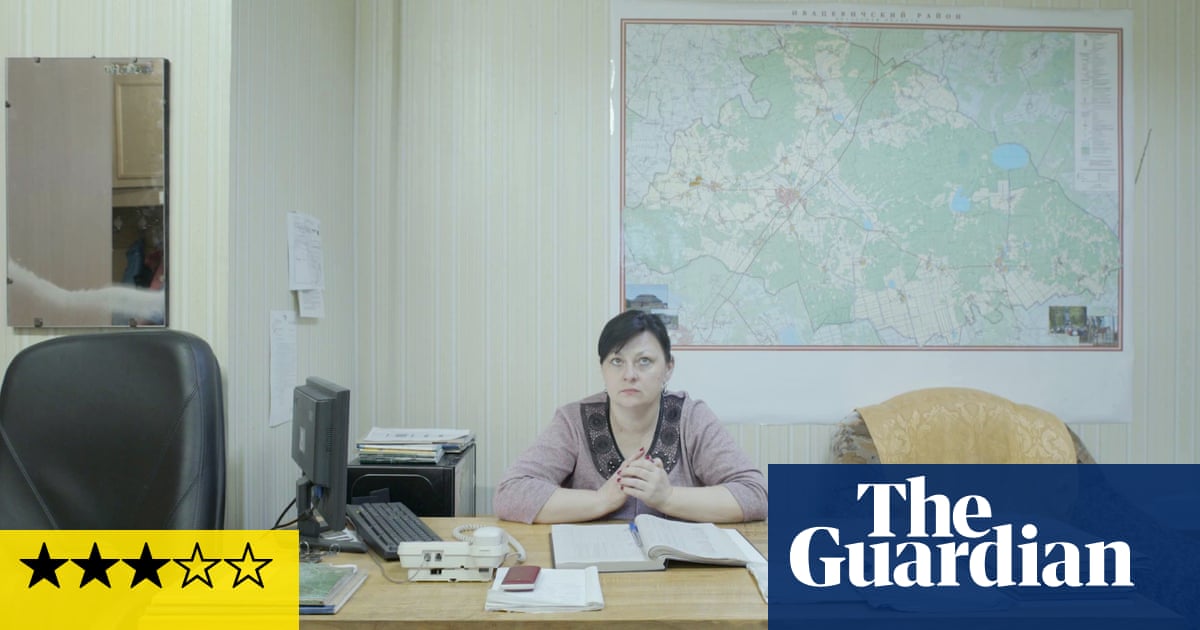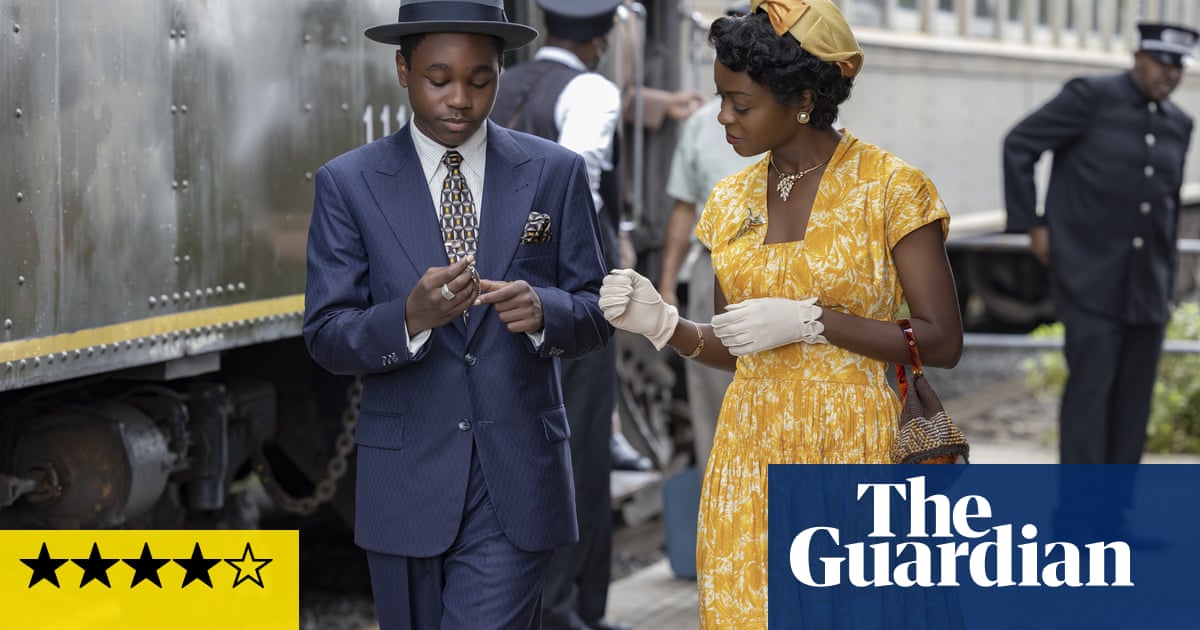
In 2013, respected German film-maker Oliver Hirschbiegel (director of Downfall) turned the Princess of Wales’s stormy life into a farce with Diana, a tatty soap opera featuring a tilt-headed, big-haired Naomi Watts reciting platitudes lifted wholesale from the pages of Hello! magazine. In stark contrast, Chilean director Pablo Larraín’s thematic companion piece to his 2016 hit Jackie offers a bold and somewhat mysterious portrait of a woman searching for her own identity, conjuring “a fable from a true tragedy” that, for all its dramatic invention, feels remarkably truthful. Playing out over three excruciating days at Sandringham – from Christmas Eve to Boxing Day – and carried shoulder high by a note-perfect Kristen Stewart, Spencer (the very title of which seems to present a challenge to the House of Windsor) dances between ethereal ghost story, arch social satire and no-holds-barred psychodrama, while remaining at heart a paean to motherhood.
“Keep Noise to a Minimum: They Can Hear You” reads an ominous sign in the Sandringham kitchens, to which vast amounts of food are delivered in the film’s opening salvo. That this food should be delivered like military supplies merely emphasises its weaponised presence for Diana. From the scales on which festive guests are weighed in and out of Sandringham (a bit of traditional “fun”) to nightmarish feasts where cinematographer Claire Mathon sharply captures the claustrophobia of royal stares, Spencer traps its bulimic subject in a web of royal rituals that strip her of agency and identity.
Every move Diana makes is monitored – by the press, whose lenses are more like microscopes; by the dressers, who sew Diana’s curtains shut as if to preserve some vampiric legacy; and by the Lurch-like Major Alistair Gregory (Timothy Spall), the Queen Mother’s equerry who was once in the Black Watch and who now watches so that “others do not see”. Meanwhile, Diana’s gowns are labelled “POW” - Princess of Wales or prisoner of war?
“Past and present are the same thing,” Diana tells her beloved young sons of this coldly traditional world, in which a secret candlelit cuddle provides a rare moment of warmth, adding (with a hint of Sex Pistols-style anarchy) that in this house there is “no future”. Little surprise that Diana longs to return “home” to nearby Park House, a childhood idyll now sealed off behind barbed wire, eerily shrouded in moonlight and mist like Wuthering Heights. Despite being ordered to stay away, Diana slips her bonds to revisit old haunts in a scene that recalls Alejandro Amenábar’s maternally themed ghost story The Others. There’s a hint of Daphne du Maurier, too, as pearls tumble from Diana’s neck down a flight of stairs, recalling the gothic-inflected screen adaptations of My Cousin Rachel.
At times, Steven Knight’s script over-eggs its imagery, not least in a recurrent motif about pheasants being “beautiful but not very bright” birds bred for shooting or a subplot about Bertie the scarecrow wearing the coat of Diana’s “Papa”. There are also visions of Anne Boleyn, who was beheaded so that her royal husband could replace her with another woman; amid the madness of royal life her presence seems weirdly unintrusive. More affecting is an ecstatic montage in which Stewart dances her way through the chapters of Diana’s life, ballet and bops breaking into a running canter as the whiff of freedom presents itself.
Underpinning it all is a magnificent score by Jonny Greenwood that brilliantly accompanies and amplifies the drama. From the lilting motifs of the main theme, with its melancholy major-minor modulations, to the sounds of a baroque string quartet collapsing into jarring terror, or the skittery free-form jazz of Diana’s inner turmoil, the mood changes are remarkable, throwing a touch of Krzysztof Penderecki modernism into the cheeky echoes of Italian baroque composer Tomaso Albinoni.
In the supporting roles, Sean Harris is superb as kitchen stalwart Darren, who longs to make something his princess actually wants and who addresses his staff as a “brigade” heading “once more unto the breach”. Plaudits too to Sally Hawkins who adds a much-needed note of love as Diana’s favoured dresser, Maggie, breathing vibrant life into a role that in other hands could have fallen flat, but which Hawkins gives wings to fly.












